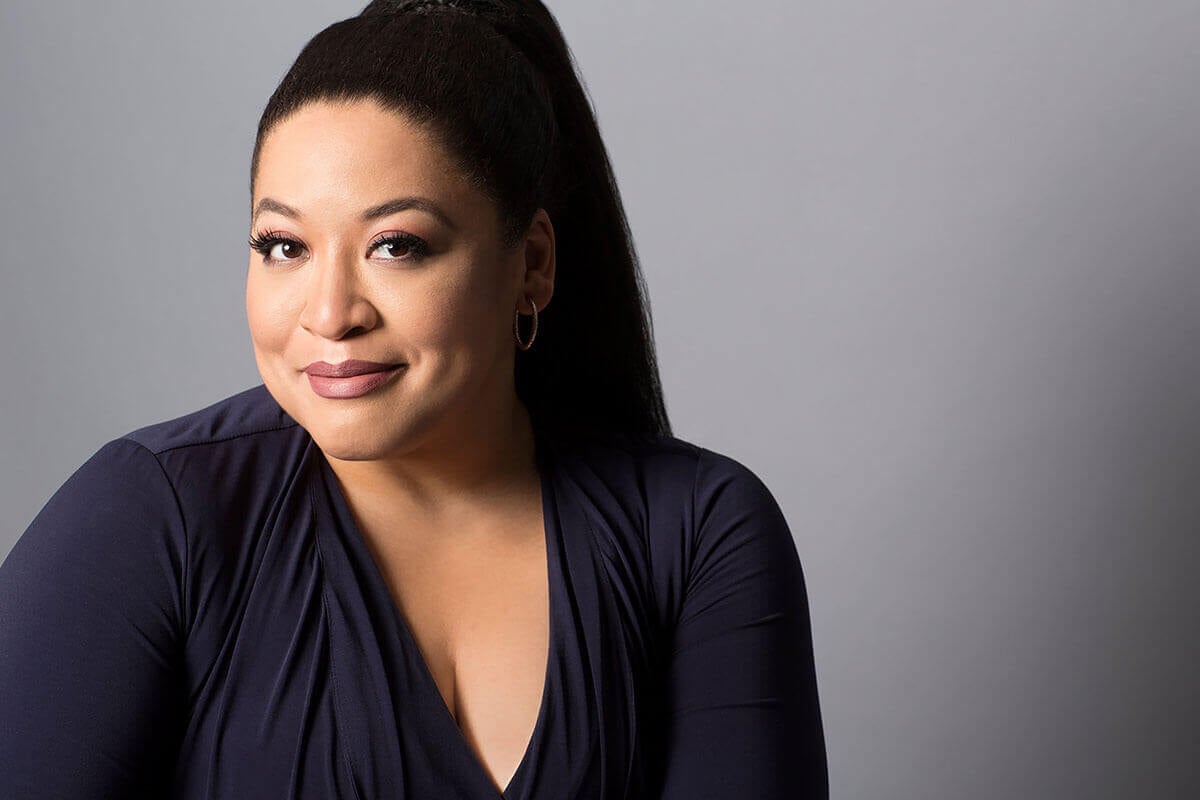Mercedes Schneider writes here about the decision by Willie Carver, Kentucky’s 2022 Teacher of the Year, to resign.
Carver testified before Congress and described the indignities he endured because he is gay. Carver is a highly qualified, highly experienced teacher. He loves teaching. But he is afraid to return to the classroom because of the state-sponsored bigotry that threatens teachers and students like him.
Carver told members of Congress (in part, open the link):
Identity is rarely discussed by direct means. No teachers come out as straight. They are married to opposite sex spouses whose pictures sit on their desks or whose names come up in stories about vacations or weekend trips to the grocery store.
LGBTQ teachers and students will not be afforded this freedom. They will be required to deny their existence and edit the most basic aspects of their stories, unlike their classmates and colleagues.
Few LGBTQ teachers will survive this current storm. Politicizing our existence has already darkened our schools.
I’m made invisible. When we lost our textbooks during lockdown, I co-wrote two free textbooks
with a university professor, made them free to anyone who wanted them, and found sponsors to print them. I wasn’t allowed to share them at my school. Other schools in Kentucky celebrate similar work by teachers, but my name is a liability.
I’m from the small town of Mt. Sterling, KY and I was invited to meet the President of the United States. It was not advertised to my students and colleagues. My school didn’t even mention it in an email or morning announcement.
This invisibility extends to all newly politicized identities. Our administrators’ new directive about books and lessons is “nothing racial.”
We all know how to interpret this.
Works by white people living lives as white people are never called racial.
Works by Black and brown people living lives as Black and brown people are always called racial.
The politicization of identity erases their identities.
Parents now demand alternative assignments when authors of texts or materials are Black or LGBTQ; we teachers are told to accommodate them, but I cannot ethically erase Black or queer voices.
We ban materials by marginalized authors, ignoring official processes. One parent complaint removes all students’ books overnight.
Endangered educators
My Gay Straight Alliance (GSA), a campus group dedicated to discussing and helping make schools safe for LGBTQ students, couldn’t share an optional campus climate survey with classmates. I was told it might make straight students uncomfortable.
Students now use anti-LGBTQ or racist slurs without consequence. Hatred is politically protected now.
When my GSA’s posters were torn from walls, my principal’s response was that people think LGBTQ advocacy is “being shoved down their throats.”
Inclusive teachers are thrown under the bus by the people driving it.
During a national teacher shortage crisis, I know gay educators with perfect records dismissed this year.
A Kentucky teacher’s whiteboard message of “You are free to be yourself with me. You matter” with pride flags resulted in wild accusations and violent threats. During this madness, his superintendent wrote to a parent, “This incident … is unacceptable and will not be tolerated.” The situation became unimaginably unsafe. He resigned.
Last month, a parent’s dangerous, false allegations that my GSA was “grooming” students were shared 65 times on Facebook. I felt my students and I were unsafe. Multiple parents and I asked the school to defend us. One father wrote simply, “Please do something!” The school refused to support us.
There are 10,000 people in my town; one fringe parent doesn’t represent most parents, who trust us.
Student suicides
School is traumatic; LGBTQ students are trying to survive it. They often don’t. Year after year, I receive suicidal goodbye texts from students at night. We’ve always saved them, but now I panic when my phone goes off after 10:00.
Meryl, a gentle trans girl from Owen County High, took her life in 2020. She always wanted a GSA. Her friends tried to establish one, but the teachers who wanted to help were afraid to sponsor it. Meryl’s mother Rachelle runs an unofficial GSA, PRISM, from the local library.
45% of LGBTQ youth seriously considered suicide this year. We chip away at their dignity and spaces to exist. The systems meant to protect them won’t even acknowledge them.
I recently attended Becky Oglesby’s TED Talk. She described surviving a tornado with first graders, how they huddled, her arms around them, as their school walls lifted into the darkness.
I sobbed uncontrollably. I realized that for fifteen years, I have huddled around students, protecting them from the winds, and now the tornado’s here. As the walls rip away, I feel I’m abandoning them.
But I’m tired. I’ve been fighting since my first day in a classroom. Fighting for kids to feel human. Fighting for kids to be safe. Fighting to stop the fear by changing hearts and minds.
I’m tired. I don’t know how much longer I can do it.
It is not safe to be gay in Kentucky or Florida or most states in the South and Midwest. Nor is it safe to be Black or Brown in the many states that have banned teaching about the history of racism.
Willie Carver has accepted a position at the University of Kentucky where he will work in student services.
Censorship and harassment does eliminate homosexuality. Nor does it turn all students white.
Lying about history doesn’t change history. It just spreads ignorance.

